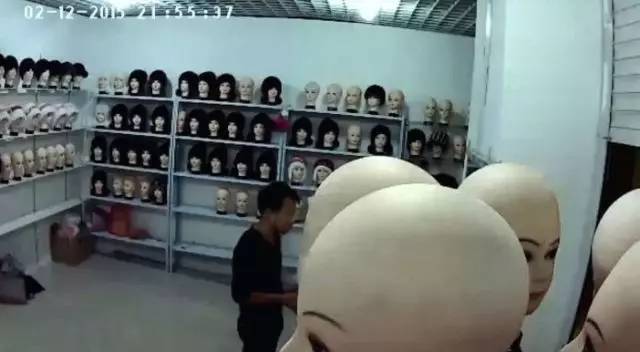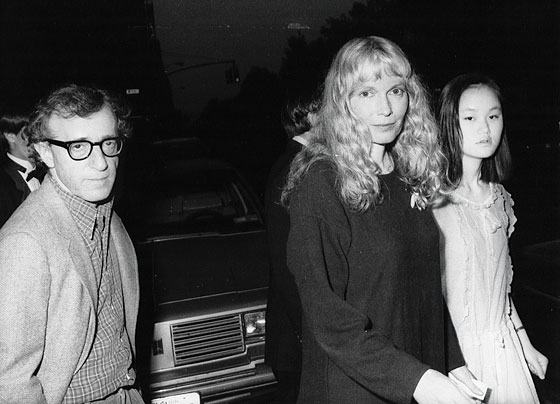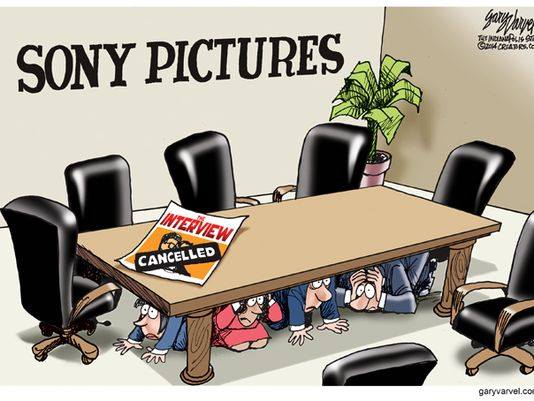
Sacha Baron Cohen, well-known for his role as Borat in the 2006 mockumentary Borat, recently came back into the spotlight with his sequel, Borat Subsequent Moviefilm, released October 23, 2020. Similar to the original film, Cohen not only starred in the sequel but produced the film and contributed to its screenplay. The new film follows Borat, a reporter from Kazakhstan, and his daughter Tutar as they travel across the country and try to appease American political leaders in attempts to redeem Kazakhstan from the humiliation that the original Borat movie created. Many recognize Cohen’s performance as a social commentary of the political beliefs still upheld in the United States, as seen when Borat gets people to hail him at an anti-mask rally while singing a song about murdering World Health Organization employees by, “chopping them up, like the Saudi’s do.” While comments like this are inappropriate and disrespectful, Cohen continues to play this character to expose the people who genuinely support the actions of Borat with complete disregard for his overtly racist, sexist, and anti-Semitic remarks. Much of his commentary is created through his character’s ignorance and reckless behavior, which often causes Cohen to face legal battles because of his film.
To get genuine responses out of the people involved in his first movie, Cohen and his production team would stay in character throughout the film’s interviews and never revealed the true intentions of their film to those involved. Cohen created the character of Borat to be a small-town news reporter from Kazakhstan who is painfully ignorant of his sexist, racist, and inappropriate behavior. He then puts Borat in situations where an audience’s reaction or lack of reaction to his crude remarks can be exposed and critiqued.
Most recently, Cohen faced backlash for his alleged defamation attempts against Donald Trump’s lawyer and former mayor of New York, Rudy Giuliani. In the film, after a failed attempt to get the attention of Vice President Mike Pence, Borat switches his focus to Giuliani and tries to fulfill the purpose of his documentary: to gift his daughter as a bride and clear the name of his nation. His daughter Tutar, played by 24-year-old Bulgarian actress Maria Bakalova, manages to create a news program as a young conservative reporter and schedules an interview with Giuliani. Like most of the people involved in the movie, Giuliani is unaware that he is part of a larger mockumentary and the production team plays along with Bakalova’s ‘first-time interviewer’ facade to make Giuliani believe that the interview is legitimate. The allegations of Giuliani’s defamation are rooted in the events occurring after the interview. When the interview concludes, Tutar invites Giuliani to a private room for a drink and attempts to subtly seduce him. Of course, this after-interview event was a trap for the politician to see if he would take advantage of his time alone with a young reporter. Unfortunately for Giuliani, he seems to take the bait and appears to lay back on the bed while unbuttoning his pants after Tutar offers to help him remove his microphone. Before the events between the two proceed, Borat bursts through the door and offers to perform sexual favors for Giuliani instead of his daughter, after which, the scene ends and Giuliani reportedly calls the police.
Due to the age of Bakalova’s character, fifteen, this scene is particularly suggestive that Giuliani is a child predator who certainly has intentions of having sexual relations with a minor. This suggestion would be enough to dismantle a politician’s career if brought about to the public by a major news station, but the mockumentary seems to hold less power. Using comedic pranks to raise questions on the morality of public figures seems to be one of Cohen’s major points when creating this film, but at what point does comedy go too far? Clearly the viewers of the movie understand its comedic nature, but the fact that the people featured in the movie are unaware of this is what makes the commentary so powerful. It shines a light on the grey area between creativity and criminality by attempting to defame and expose Giuliani for the sake of a good film. However, would Cohen be considered a social justice warrior if he were to get a more convincing take on Giuliani’s intentions with the young girl? Does the public have a right to know if their politicians are predators? Unfortunately, this scene does not seem to provide strong evidence that Giuliani has done anything wrong, although it does raise some eyebrows and make audiences uncomfortable.
Following the release of the movie, Giuliani reached out on Twitter to say, “(1) The Borat video is a complete fabrication. I was tucking in my shirt after taking off the recording equipment. At no time before, during, or after the interview was I ever inappropriate. If Sacha Baron Cohen implies otherwise he is a stone-cold liar.” While the scene was a clear set-up in attempts to expose the potential sexual predatory behavior of Giuliani, the question of whether or not the prank was effective is undetermined. Does Sacha Baron Cohen have the right to endanger the careers of politicians for the sake of his movie? This depends on whether this scene has the power to dismantle Giuliani’s career: which it seems is unlikely. Although Giuliani recognizes the malevolent intentions behind the scene, he still lacks a case strong enough to press charges and hold Cohen accountable.
Cohen has been more than prepared to face legal allegations since he first created the Borat character and has been following the advice of his lawyers very closely as reported in the USA Today article, “Rudy Giuliani\’s \’Borat 2\’ Scene: What can he do about it legally? Not a lot, experts say.” The article also mentions that Giuliani would have a very difficult time proving the malice behind the scene and providing enough evidence of severe embarrassment to have a case.
Even if Giuliani was able to win a case against Cohen, would it reverse the damage already done with the release of the film? Would it be effective in changing the audiences’ perception of the scene? These might be reasons why Giuliani has not yet attempted to sue Cohen or even hired a lawyer for his defense. However, Cohen’s actions and the ease with which he got away with this stunt, might encourage other defamation attempts to pop up soon. However, just because Borat Subsequent Moviefilm critiques modern politicians and encourages interactions that showcase their personality ‘behind-the-scenes’ does not make it criminal.
Works Cited
Giuliani, Rudy (@RudyGiuliani). “(1) The Borat video is a complete fabrication…” October 21,
2020, 2:42 pm. Tweet.
Puente, Maria. “Rudy Giuliani\’s \’Borat 2\’ Scene: What Can He Do about It Legally? Not a Lot,
Experts Say.” USA Today, Gannett Satellite Information Network, 27 Oct. 2020, www.usatoday.com/story/






